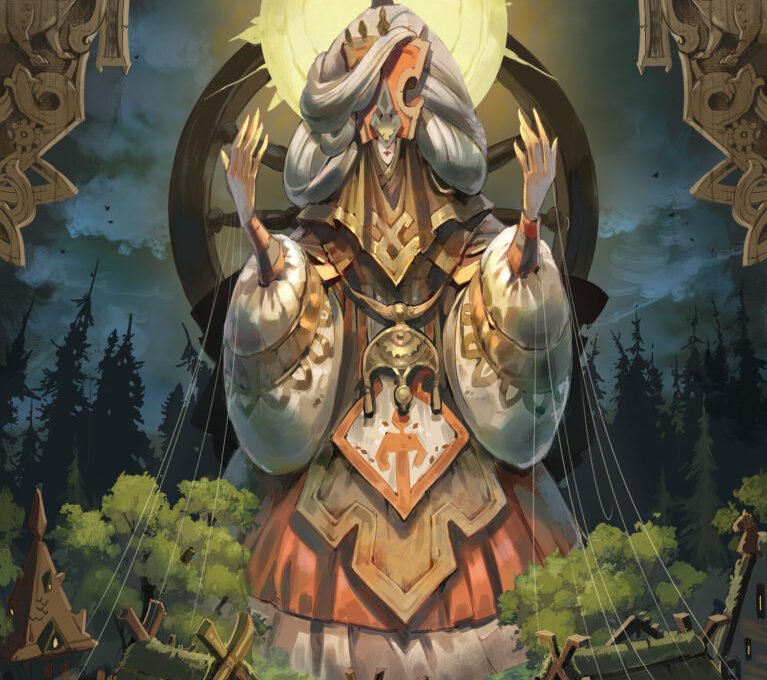Chronos, Kairos and Aion are the three deities of time, events and epic destinies. Here is the multi-religious and multicultural calendar!
Find us on our website Mythology and Legend, on Facebook and on instagram !

The schedule in brief from D-2 to D+5
- November 8, 2024, : Wangala
- November 9, 2024,: Our Lady of Almudena
- November 9, 2024, : Swietoslawa
- November 10, 2024, : Mokosh
- 11 November 2024,: Cologne Carnival
- November 11, 2024: Düsseldorf Carnival
- November 11, 2024, : Mainz Carnival
- November 11, 2024, : Einherjar
- November 11, 2024, : Martini
- November 11, 2024, : Saint-Martin
- November 13, 2024, : Epulum Jovis
- 15 November 2024, : Guru Nanak Gurpurab
- 15 November 2024, : Kartik Purnima
- 15 November 2024, : Saint Leopold the Pious
The complete interactive calendar
November 10, 2024
November 10, 2024

Today, Rodnoverians (Russian paganism) celebrate the day of the mother and nourishing earth goddess Mokosh. It is associated with arable and fertile land, protective of divination and magic, as well as spinning and weaving trades. #mythology #myth #legend #calendar #November 10 #slave #mokosh
Multicultural and multi-religious almanac
An almanac is a calendar showing the main dates of the calendar, the religious holidays, bearing ephemerides such as the phases of the moon or the duration of the days (lunar and solar calendars).
A calendar is a system for marking dates according to time. Such a system was invented by men to divide and organize time over long periods. The observation of the periodic phenomena of the environment in which they lived — such as the daily movement of the shadow, the return of the seasons or the lunar cycle — served as the first references for organizing the agricultural, social and religious life of societies.
The calendar used today in most of the world is the Gregorian calendar. In everyday language, an ephemeris designates what happens daily; the ephemeris of the day is the list of the significant events of this day.